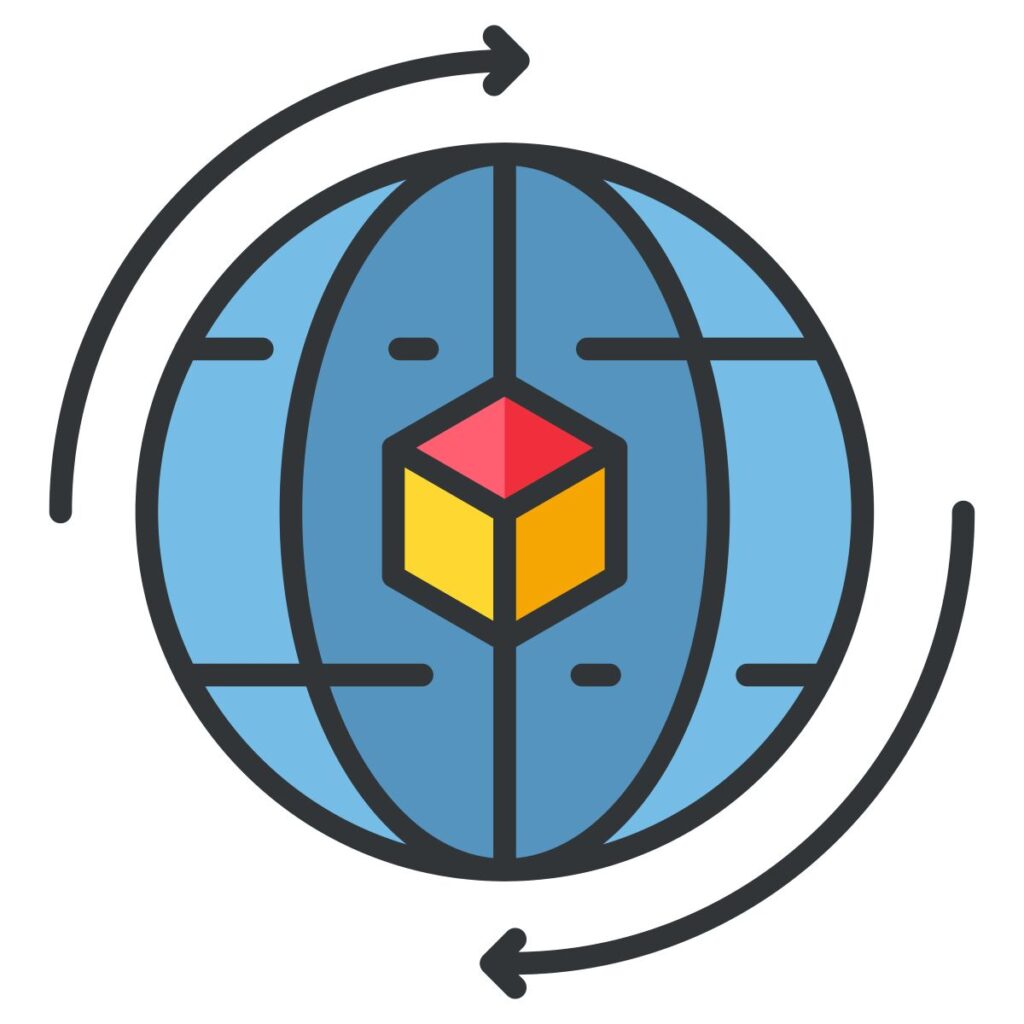Reverse logistics plays a critical role in the circular economy, receiving returned products from end customers and performing the dispositioning duties to get those products back into circulation or to final disposal.
Keeping as many of them out of landfills as possible is top of mind for retailers, as both government regulations and customer demands become more strict. But the process of receiving, inspecting, sorting, refurbishing, and dispositioning returns is more than many already-busy retailers can handle.
Adding this process as a value added service to your 3PL makes you a stronger partner – but in order to see the biggest benefit, you’ll need to closely track your activities on behalf of each customer. You also have to make the process as efficient as possible so you don’t just take on your customers’ headaches without a good ROI.
Octolan’s Returns Desk solution can help. Here’s what you need to know:

Why Are Brands Focused on the Circular Economy?
A lot of products have ended up in landfills since the dawn of cheap manufacturing. The environmental impact of all that waste has caught the attention of consumers, and forward-thinking brands have taken the hint to reduce the number of their products destined for trash heaps. The focus has shifted dramatically in recent years toward extending the usable life of products, or at least recovering materials from them to go back into production.
The benefits of this shift go beyond the already-compelling environmental reasoning. Brands with a strong refurbish and resale program can achieve huge cost savings and even added revenue.
But maybe most important for retailers is the improved brand reputation and customer satisfaction scores they can achieve by reducing their environmental footprint. According to McKinsey and Nielsen IQ, consumers are shifting their spending toward products with ESG (Environmental, Social and Governance) claims.
With retailers eager to show their sustainability efforts but often lacking the infrastructure (warehouse space and personnel) to handle the process themselves, 3PLs are in a great position to turn their returns desk into a revenue center.
How Can 3PLs Benefit from the Circular Economy?
Embracing (or adding) a returns desk in your warehouse can set your 3PL up as a stronger, more valued partner for your retailers. Whether you’re processing returns and splitting any recouped value from your partners or buying the returns to sell on your own, you can also see big increases in revenue from this service.
By handling the reverse logistics for your partners, you can help them:
- Inspect, clean, and repair products for resale to extend their life and keep them out of landfills.
- Enable recycling and repurposing programs to recover materials from products that can’t be repaired and resold.
- Design products specifically for the circular economy, with modular designs that allow replacement of components instead of whole products. Without strong reverse logistics in place (thanks to your 3PL), getting these replacement parts to and from end customers makes modular design a tougher sell for businesses.
- Further reduce their environmental footprint by recovering and reusing packaging.
How Can Octolan Help Your 3PL Optimize the Returns Process?
Of course, in order for either you or your partners to enjoy the benefits of refurbishing, repurposing, or recycling returns, you have to have strong processes in place that don’t just add extra costs or reduce productivity.
That’s where returns-focused technology like Octolan can help. Using inspection and refurbishment criteria and instructions from your retail partners, Octolan’s Returns Desk solution can walk your team through the entire process.
By answering a series of questions about a returned product, the solution helps establish its condition and where it should go next: refurbishment, resale, recycling, etc. Returns Desk also automates many of the returns management tasks, keeping your team free to handle things like repackaging, restocking, and reselling items. It also tracks these activities for you as a product gets scanned through the process, enabling you to more accurately bill your customers.
Returns management is a major headache for many retailers. Reverse logistics providers who can not only process returns but reduce their environmental impact are valuable partners to any brand looking for ways to improve their reputation with consumers.
Ready to learn more? Get in touch today.